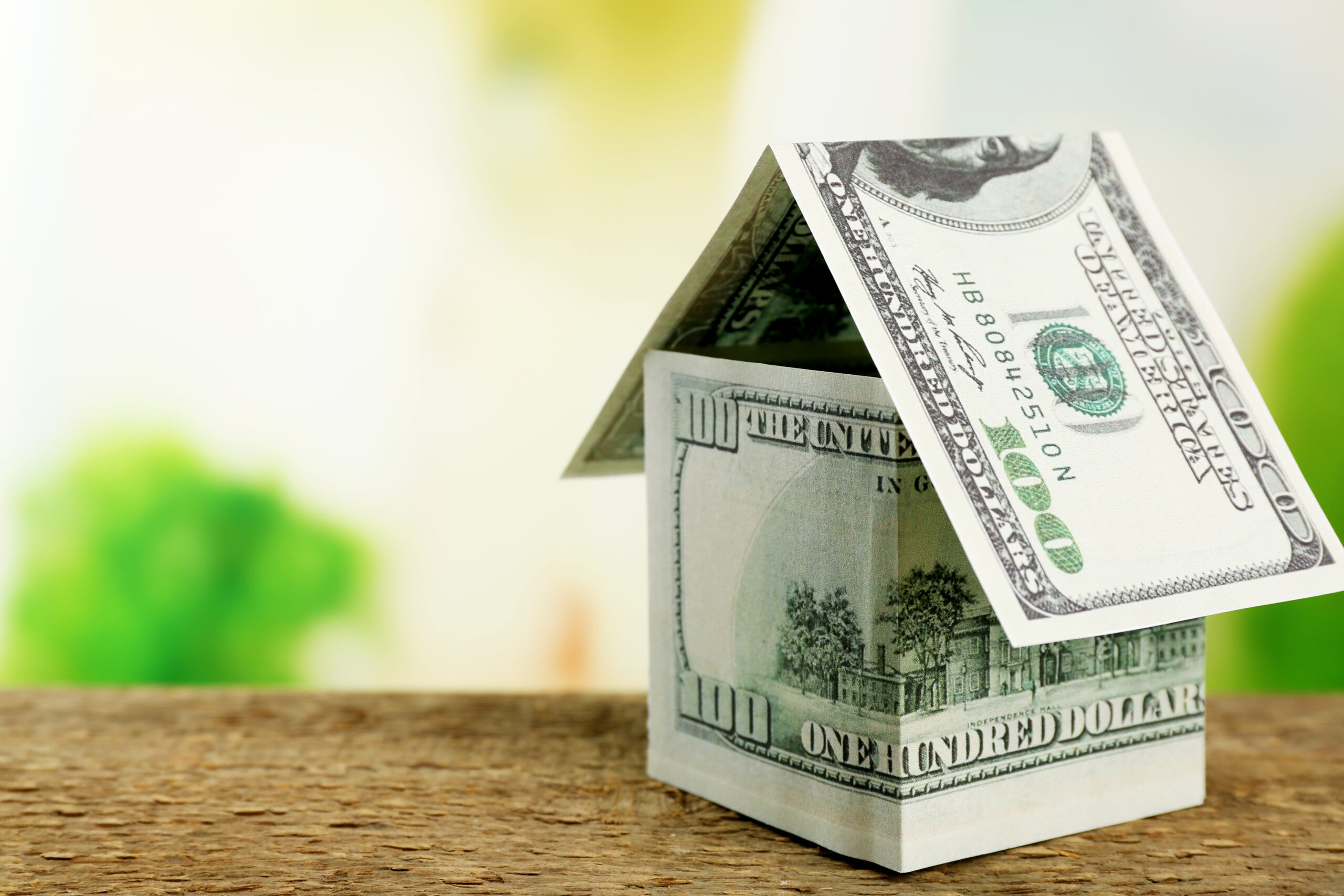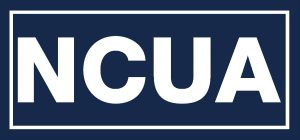In just the past two years, home prices all across the nation have increased significantly. If you’ve been wondering what’s going on, the following overview can help you understand why prices are rising and how they affect your home’s equity.
Why Are Home Prices Rising so Fast?
There are several reasons why home prices are skyrocketing in Hudson Valley. It’s a perfect storm of circumstances that have resulted in a decrease in the market supply in our 7 Counties; Dutchess, Orange, Putnam, Sullivan, Rockland, Ulster and Westchester and bidding wars as people compete to win the few available homes.
Inflation
The inflation rate is currently at a 40-year high, and the cost of building supplies is up especially lumber. In some places, lumber prices have increased 2-3 times from where they were just two years ago. This has resulted in a dramatic increase in the cost of new home construction.
The Pandemic
A consequence of the Covid-19 pandemic is that many people started working from home during this time and converted spare rooms into office spaces. The pandemic also caused many who wanted to sell to postpone moving out of a fear of people entering their homes and exposing them to the virus.
How Does Home Equity Work?
Home equity refers to the market value of your home less the amount you still owe on your mortgage. For example, if you buy a $300,000 home with a $60,000 down payment, you will have $60,000 in home equity after the closing.
Understanding home equity is important for homeowners for several reasons. If you decide to sell your home, the equity you have is the amount of cash you will receive after paying off the remainder of the mortgage.
Many homeowners also borrow against their home’s equity for home improvement projects, to pay for weddings, to consolidate high-interest debt, and for other reasons. These loans are preferred over other financing options because they have lower borrowing costs.
How Do Rising Home Prices Affect Home Equity?
Rising home prices have a positive effect on home equity. If you bought a home for $200,000, for example, and the market value increases to $250,000, your home equity will increase by $50,000.
A benefit of an increase in home equity is that you may be able to drop your private mortgage insurance (PMI) if you were required to obtain it. PMI is a type of insurance that protects lenders in case you default on your home loan. PMI may be as much as one percent of the purchase price of the home annually, which is a significant expense.
Lenders require PMI when your down payment is less than 20 percent of the purchase price. If the equity in your home increases to more than 20 percent of the purchase price, you may be able to drop the insurance. If you bought a home for $200,000, for example, this could save you $2,000 a year.
What Other Factors Increase Home Equity?
In addition to rising home prices increasing home equity, it is also increased when you make your monthly mortgage payments. Part of the payment you make each month goes towards the principal, while the remainder is an interest payment. The principal payments reduce the amount you owe on your home, which increases equity.
How Can You Put Your Home’s Equity to Use?
The equity you have in your home isn’t just important when you decide to sell. Many homeowners use their home’s equity to obtain loans that can be used for many different purposes. Two popular loans that use the equity in your home as collateral are home equity loans and home equity lines of credit.
Home Equity Loan
With a home equity loan, you may be able to borrow up to 85% of the equity you have in your home. The amount you can borrow varies depending on the lender and other factors.
Home equity loans have fixed interest rates, and you will make equal monthly payments on the money you borrow until the loan is repaid. The loan terms vary depending on the amount borrowed but are typically five to 20 years.
Home Equity Line of Credit
A home equity line of credit (HELOC) is different from a traditional loan in both how you receive the money and repay it. Instead of receiving a lump sum and repaying it with monthly payments, you receive a line of credit that you can draw from as needed.
HELOCs are similar to credit cards in how they operate. Your HELOC will have a credit limit, and you can borrow and repay from that limit as often as you like to replenish your available credit. HELOCs are usually active for up to 10 years.
HELOCs have variable interest rates, which means the interest rate you pay will periodically change. An interesting feature of HELOCs is that you may have the option of making interest-only payments on the money you borrow while it is active. This can come in handy when you need to borrow and money is tight.
Which Loan Should You Choose?
Although rising home prices make buying homes more difficult, they are great for those who are already homeowners. An increase in home equity means you have a higher net worth. It can also be used as collateral for a low-cost loan.
If you are thinking about tapping into your home’s equity but you aren’t sure which loan is best for your needs, click to learn more below. This article provides a more in-depth comparison of HELOCs and home equity loans to help you make a smart borrowing decision.












